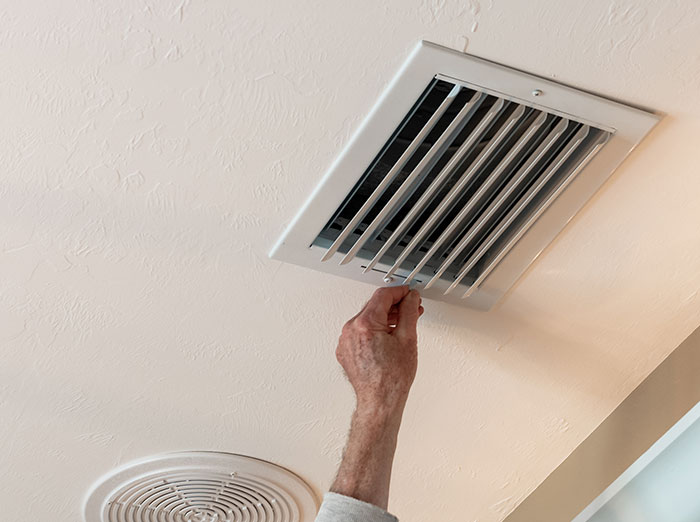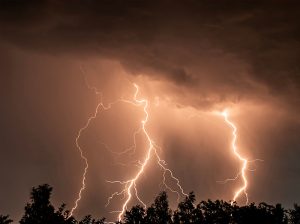Many homeowners believe that closing HVAC vents in rooms they don’t want to heat or cool is a clever way to save energy and money. After all, it seems logical that blocking airflow to certain areas would reduce the workload on your HVAC system, right? However, the reality is quite different. In this blog post, we will explore why closing HVAC vents can be counterproductive, making your system work harder and less efficiently.
The basics of HVAC systems
Before we delve into the problems with closing vents, let’s first understand how HVAC systems function. Heating, Ventilation, and Air Conditioning (HVAC) systems are designed to maintain a balanced airflow throughout your home. They work by distributing air (either heated or cooled) evenly to maintain a consistent temperature throughout the whole house.
Closing vents will not result in energy savings
One common misconception is that closing vents will save energy by preventing conditioned air from entering unused rooms. While this might sound reasonable in theory, it overlooks the fundamental design of HVAC systems.
Increased duct pressures
Closing vents in certain rooms disrupts the balanced airflow within your HVAC system. This disruption leads to an increase in duct pressure. As a result, your HVAC system must work harder to maintain the desired temperature throughout your home. This can lead to higher energy consumption and potentially even cause damage to your system’s components over time.
Reduced energy
HVAC systems are designed to operate efficiently with a specific amount of airflow. When you close vents, you disrupt this balance, causing your system to operate outside of its intended parameters. This can result in reduced efficiency, as the system struggles to maintain the desired temperature.
Uneven temperature distribution
Closing vents can create temperature imbalances within your home. The rooms with closed vents may become too hot or too cold, while the rooms with open vents may be at the desired temperature. This can lead to discomfort and an overall less pleasant living environment.
Shortened lifespan
The increased strain on your HVAC system caused by closing vents can lead to premature wear and tear. Components like the blower motor, heat exchanger, and compressor may experience increased stress, reducing the system’s overall lifespan and potentially leading to costly repairs or replacements.
There are better ways to save energy & reduce costs
Rather than closing vents, there are more effective ways to save energy and reduce your heating and cooling cost, including but not limited to:
Installing a programmable thermostat
A programmable thermostat allows you to set specific temperature schedules, reducing energy consumption when you’re not at home or when you’re asleep.
Properly insulating and sealing
Ensure that your home is well-insulated and properly sealed to prevent drafts and heat loss.
Scheduling regular HVAC maintenance
Schedule annual HVAC maintenance to keep your system running efficiently and catch any issues early.
Schedule your HVAC maintenance service today!
For optimal performance consider scheduling two seasonal HVAC maintenance services each year with Polar Bear Services. Serving the Greater Birmingham, Huntsville, and Anniston as well as Central Alabama, our yearly HVAC maintenance plan is $150 per unit and covers two visits per year. It is a great way to lower utility bills and help your unit live a longer life with fewer repairs!




